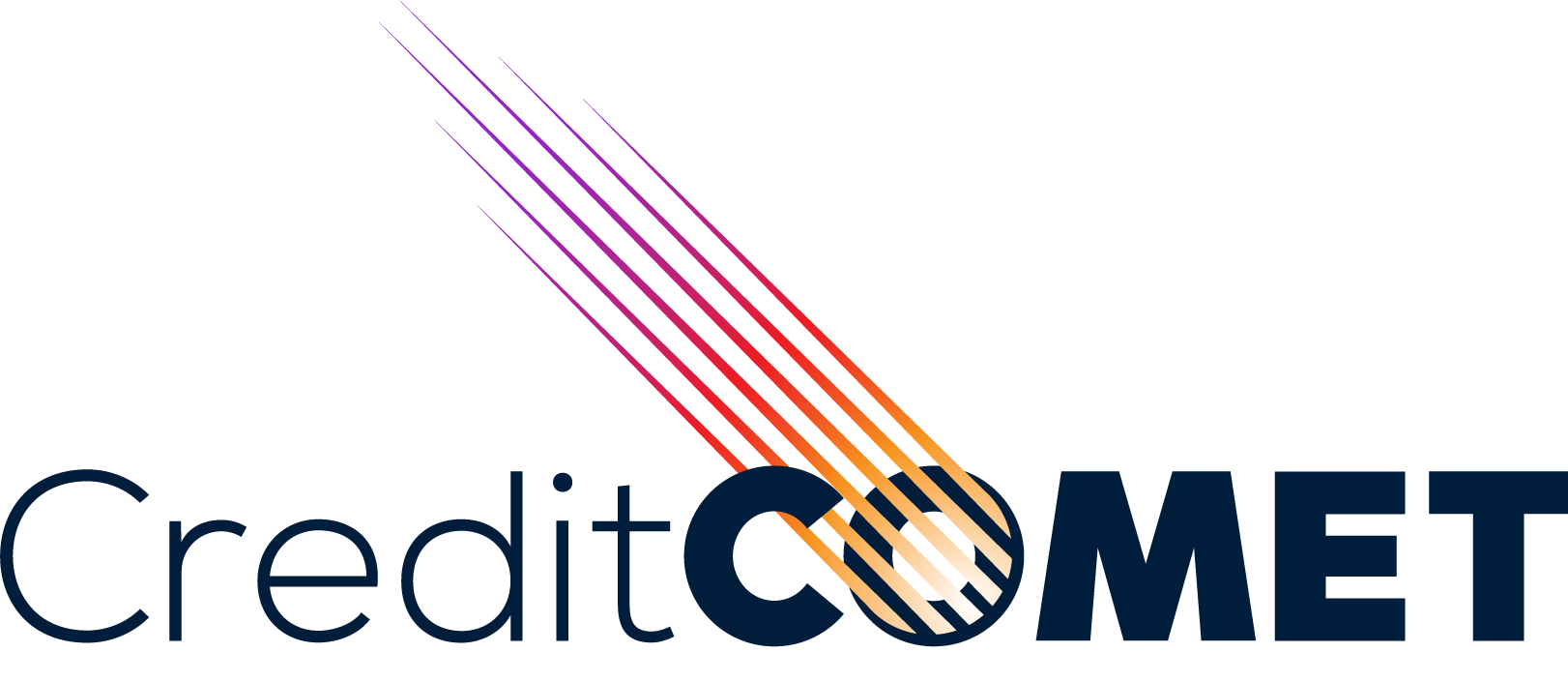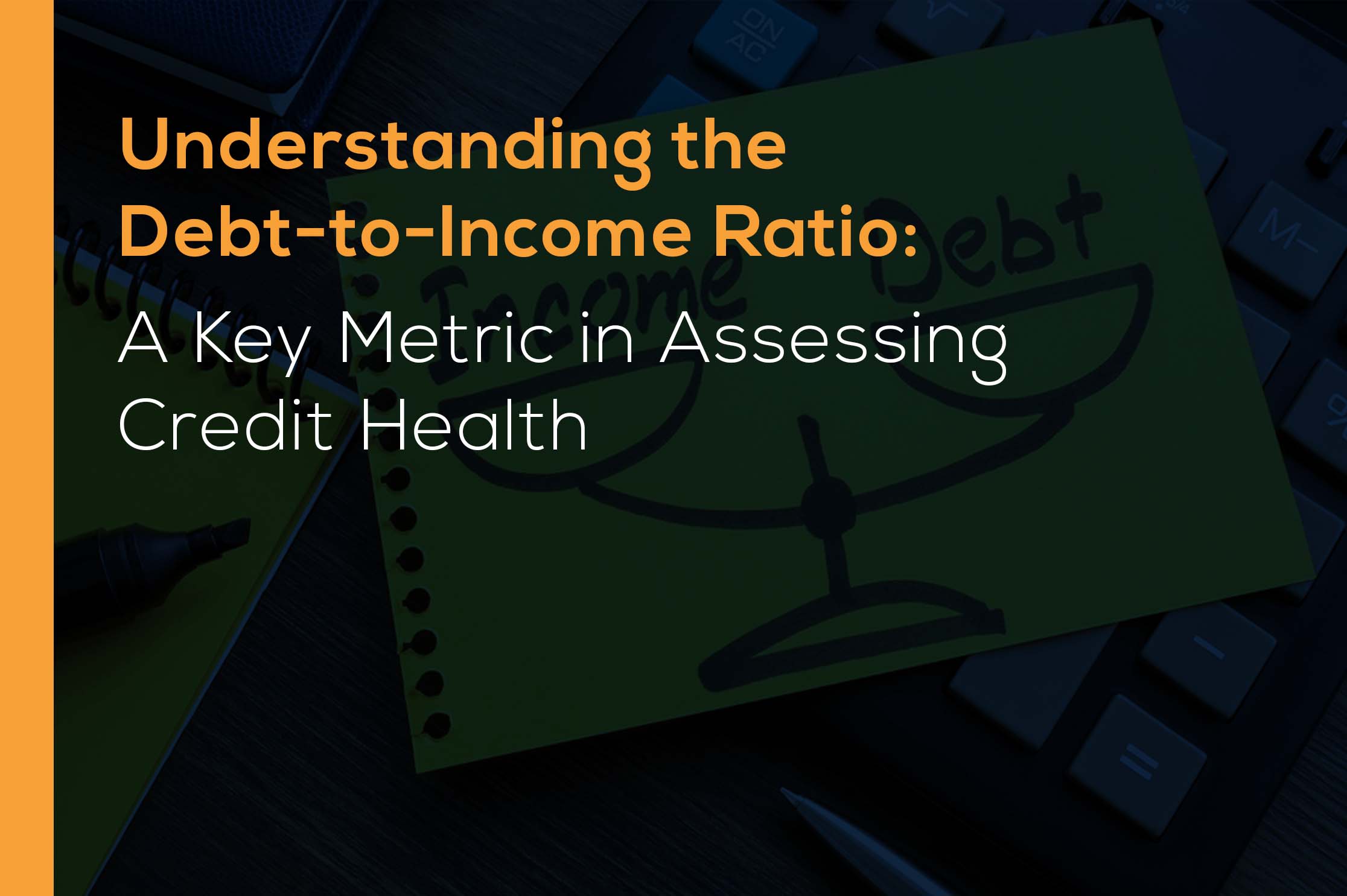When it comes to determining one’s creditworthiness, the Debt-to-Income (DTI) ratio plays a crucial role in the eyes of lenders and financial institutions. In this section, we will delve deeper into the implications of DTI on credit assessment and explore why it is such a significant factor.
Risk Assessment for Lenders:
Lenders utilize the Debt-to-Income ratio as a risk assessment tool when evaluating loan applications. By analyzing this ratio, lenders can gauge the borrower’s ability to manage additional debt responsibly. A lower DTI suggests that a smaller portion of the individual’s income is allocated to debt repayment, indicating a lower risk for lenders. On the other hand, a higher DTI may suggest a heavier financial burden, making the individual appear riskier in the eyes of lenders.
Impact on Credit Scores:
Although DTI itself is not directly factored into credit scores, it does influence an individual’s creditworthiness. When lenders review credit reports and consider extending credit, they often take DTI into account alongside credit scores. A high DTI may be indicative of financial stress, potentially leading to missed payments and negatively impacting credit scores. Therefore, having a lower DTI can contribute to a higher credit score and overall creditworthiness.
Personal Financial Goals:
Understanding your Debt-to-Income ratio is not only crucial for lenders but also for personal financial planning. It provides valuable insights into your financial health and determines how much of your income is devoted to debt repayment. By having a lower DTI, individuals have more financial flexibility and can allocate a greater portion of their income towards savings, investments, and discretionary spending. This can pave the way for achieving personal financial goals and maintaining a healthier financial future.
Strategies for Managing Debt-to-Income Ratio and Boosting Creditworthiness
In this section, we will outline practical strategies for managing and improving your Debt-to-Income ratio. These strategies are designed to enhance your overall financial health, reduce debt, and increase your creditworthiness.
Budgeting and Expense Analysis:
Creating a detailed budget is an essential step in effectively managing your Debt-to-Income ratio. By tracking your expenses and identifying areas where you can cut back, you can redirect those funds towards debt repayment. This proactive approach not only helps in reducing debt but also demonstrates fiscal responsibility to lenders, potentially improving your creditworthiness.
Debt Consolidation:
If you have multiple high-interest debts, consider exploring debt consolidation options. Combining various debts into a single, more manageable loan with a lower interest rate can make monthly payments more affordable and contribute to lowering your Debt-to-Income ratio. This strategy allows you to simplify your debt repayment process and potentially save money on interest.
Increase Income Streams:
Boosting your income is an effective strategy to improve your Debt-to-Income ratio. Negotiating a salary increase, taking on a part-time job, freelancing, or exploring passive income streams can all contribute to augmenting your overall income. By increasing your income, you can reduce the impact of debt on your finances and enhance your financial stability, thus improving your creditworthiness.
Prioritize High-Interest Debt:
Prioritizing the repayment of high-interest debts is a smart financial move. By tackling debts with higher interest rates first, you can save significant amounts of money in the long run. This approach not only reduces your overall debt load but also contributes to improving your Debt-to-Income ratio and increasing your creditworthiness.
Avoid Taking on New Debt:
While actively working on reducing existing debt, it is crucial to avoid accumulating new debt. Evaluate your financial decisions carefully and resist the temptation of taking on additional loans or credit cards. Additional debt can contribute to an increase in your Debt-to-Income ratio, negatively impacting your creditworthiness. The key is to focus on reducing your current debt load before considering new obligations.
Regularly Monitor Your Credit Reports:
Staying vigilant about your credit reports is vital in managing your overall credit health. Regularly monitoring your credit reports allows you to spot errors, address discrepancies promptly, and track your progress as you work towards improving your creditworthiness. By ensuring the accuracy of the information on your credit reports, you can maintain a clear picture of your financial standing.
Conclusion: Achieving Financial Freedom through a Healthy Debt-to-Income Ratio
In conclusion, understanding and actively managing your Debt-to-Income ratio is essential for achieving financial freedom and improving your creditworthiness. By adopting sound financial practices, making informed decisions, and strategically addressing your debts, you can maintain a healthy balance between income and debt. This balanced approach not only satisfies lenders but also aligns with your personal financial goals. Remember, financial success is a journey, and by taking proactive steps, you can navigate it confidently and build a secure financial future.

